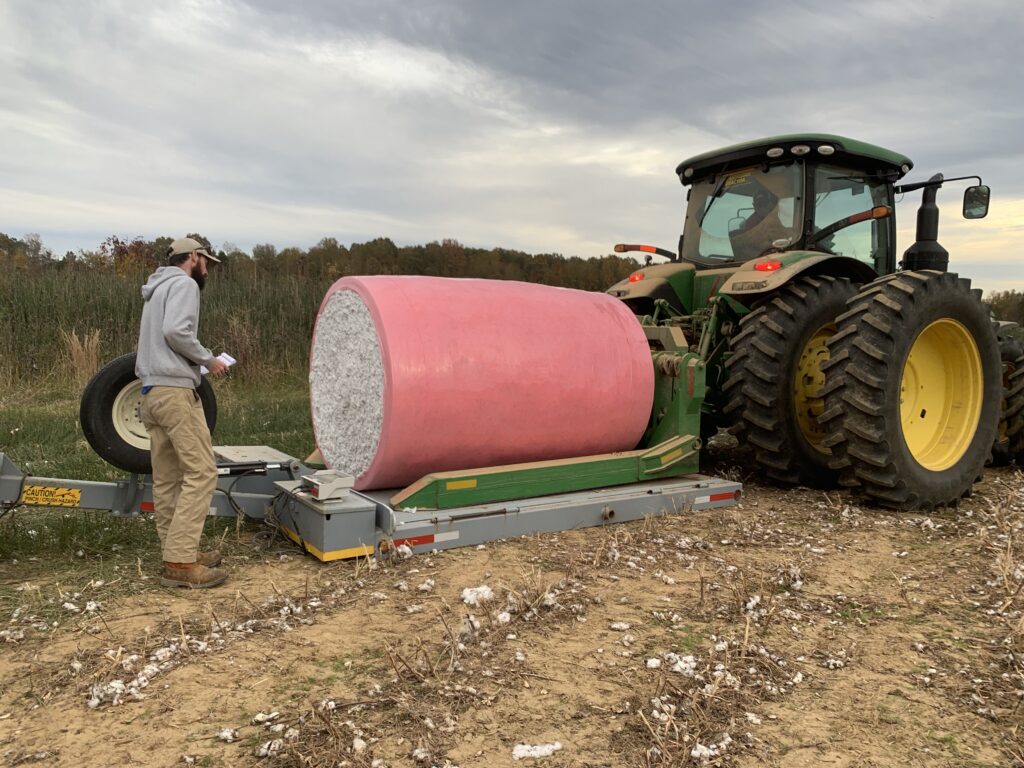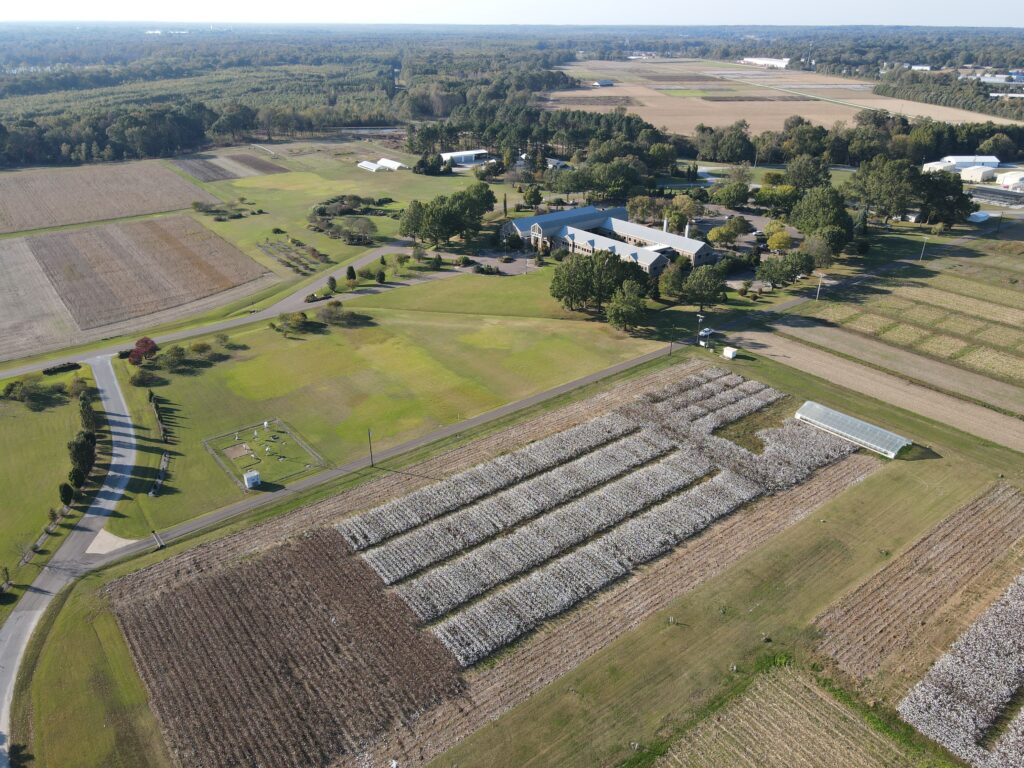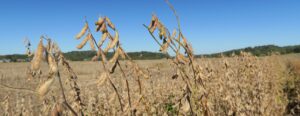Happy New Year!! The University of Tennessee will host three in-person grain and soybean conferences during 2022 and preregistration is currently ongoing. Continue reading
Recent Updates
2021 Tennessee Official Variety Trial Results now available
The 2021 Tennessee Official Variety Trial (OVT) Results are now available online. By clicking the image above or the pdf below, you will be directed to trial information, an overall OVT average table, and individual average tables for five of the 2021 OVTs. Continue reading
2021 Top Bean Soybean Contest Winners
UT Extension and the Tennessee Soybean Promotion Council collaborated with producers across the state during 2021 to host the Top Bean state soybean yield contest. Continue reading
Tennessee Market Highlights-12/17/2021
Corn and soybeans were mixed; cotton was up; and wheat was down for the week.
Corn export sales this week were very strong helping to propel the March futures price to close on December 16th at $5.90 ¼. Corn weekly export sales were a marketing year high of 76.7 million bushels for the week. Given current export commitments, as a percent of USDA
estimated marketing year total exports, of 61% compared to the five-year average of 53%, it is very likely that USDA will need to raise corn exports from the current estimate of 2.5 billion bushels. Last marketing year the US exported 2.753 billion bushels. Based on the current pace, the 2021/22 marketing year could be greater than the previous year. Should this marketing year’s exports exceed last year’s, the March contract could challenge the contract high of $6.40 ½ set on May 7, 2021. For now, the first major hurdle is for corn to break above the $6.00 level for the nearby futures contract. Continue reading at Tennessee Market Highlights.
Preliminary 2021 Cotton CST Data
 Preliminary data from the 2021 TN Cotton CSTs is now available. We are releasing an average table for the XtendFlex trials and the Enlist trials today and hope to release the quality and individual location results in the near future. Keep in mind the XtendFlex and Enlist trials are conducted separately, so direct comparisons between tables cannot be made from this dataset. Also, stay tuned for the OVT small plot trial data average table which includes 41 commercial and pre-commercial varieties. Continue reading
Preliminary data from the 2021 TN Cotton CSTs is now available. We are releasing an average table for the XtendFlex trials and the Enlist trials today and hope to release the quality and individual location results in the near future. Keep in mind the XtendFlex and Enlist trials are conducted separately, so direct comparisons between tables cannot be made from this dataset. Also, stay tuned for the OVT small plot trial data average table which includes 41 commercial and pre-commercial varieties. Continue reading
Tennessee Master Farm Manager Program
For producers needing to satisfy TAEP certification requirements, the Tennessee Master Farm Manager is a new educational Extension program. This program meets the requirements for maximum cost-share for Application A, B, or C. Master Farm Manager will focus on solid business principles and efficiently utilizing resources on the farm. The in-person Tennessee Master Farm Manager program will be offered on January 13th and 14th, at the Tennessee Tractor, LLC in Martin, TN. For more program and registration information, please follow the link to Tennessee Master Farm Manager.
Tennessee Market Highlights – 12/10/2021
Corn was mixed; cotton and soybeans were up; and wheat was down for the week.
There is more risk this year, than typical years, for producers between now and when projected (spring) crop insurance prices are set. Many producers use crop insurance as the base for their risk management program. However, a concern for producers is the approximately three months between now and the end of the crop insurance price determination period (February 28 in Tennessee), during which producers will have no price protection unless they use market-based risk management strategies. Commodity prices have been strong but are showing signs of weakness or at the very least hesitancy before any potential upward move. Additionally, input prices have doubled or tripled compared to last year. Producers that are purchasing inputs before the year end, without pricing or setting a price floor on some of their anticipated 2022 production, have a tremendous amount of financial risk. As such, producers may want to consider mitigating some of the financial risk by establishing a price or price floor for some 2022 production. Continue reading at Tennessee Market Highlights.
2021 Soybean Variety Trials in TN – Now Available
Results from the 2021 TN soybean variety trials are now available as pdf and excel files at search.utcrops.com/soybean. One hundred ten varieties were evaluated in small plot replicated trials (REC) at nine locations and fifty-seven varieties were evaluated in three to twelve locations as non-replicated large strip plots (CST). Quality and agronomic traits are reported for the REC trials and disease data are reported for both sets of trials. A summary of varieties that were in the yield “A group” (not statistically different from the top yield within each test) in either the REC or CST trial can be viewed here 2021 TN Soybean Top-Performers . Links for individual tables and the soybean database will be uploaded soon.





